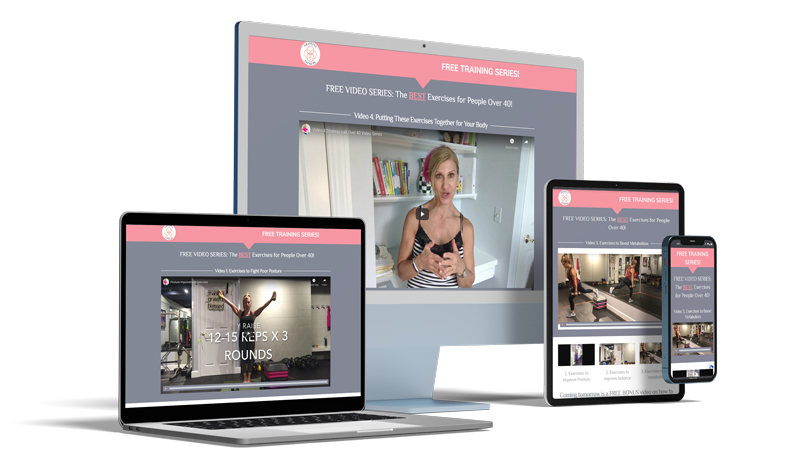Is logging food right for you? Traditionally New Years begins the season of, fitting back into your skinny jeans. Statistics show that most people abandon their New Years diets before Valentines Day.

And so bring I bring up this question:
Is keeping a food diary right for you?
This is more of a personal question than an argument for or against keeping a food diary.
Why do diets fail? A plan that works long term, has two requirements. A successful life lasting diet must be one that A)Has an accountability plan in place and B) Can work with your lifestyle. Diets that fail, fall short of reaching these require long term.
If keeping a food diary will satisfy those factors. Then you have your answer. To help make your decision, let’s look at the pros and cons of keeping a food diary.
The cons:
Weighing and measuring all food.
Figuring out amounts of each ingredient in a recipe.
Not being the committed to weighing your food.
Not being patient enough to stick with the plan.
Not having a system for recording your food.
Not knowing the amount of food in restaurant meals
The pros:
Immediate awareness of what you eat
Accountability – owning your choices
Planning simple meals
Minimizing impulse eating
Share your diary for added support
Becomes easier as you get familiar with your foods.
Use of mobile apps allows your diary to be at arm’s reach
In 1999 I went on a popular diet and began keeping a food diary. The diet ultimately didn’t fit my life style, but the biggest take away I got from that experience, was that keeping a food diary worked in my favor. For the vast majority of the last 17 years I have kept a food diary, because it has helped me maintain my nutrition plan. Somewhere around 2008, I switched from paper and pencil to a mobile app, making it even easier to log my food. It is now second nature for me to record my food, and stay within my parameters. The only time I do not log my food is when I eat out, and on Christmas, and even then I intuitively. There are times where I want to splurge, and because I keep a food journal I can save some of my ‘food budget’ for that treat. This’s what I call ‘planned delayed gratification.’
Keeping a food diary can work for any plan, because the built in accountability maintains portion control. All successful diets provide portion control. Most of them control intake by restricting one type of food or another, however the plan that fits your lifestyle, is the one that you will have success with long term.
FREE Video Series: The Best Exercises for Women Over 40!

Free 3-Part video Series goes in-depth teaching you how to perform the above exercises step-by-step THE RIGHT WAY without getting hurt.

